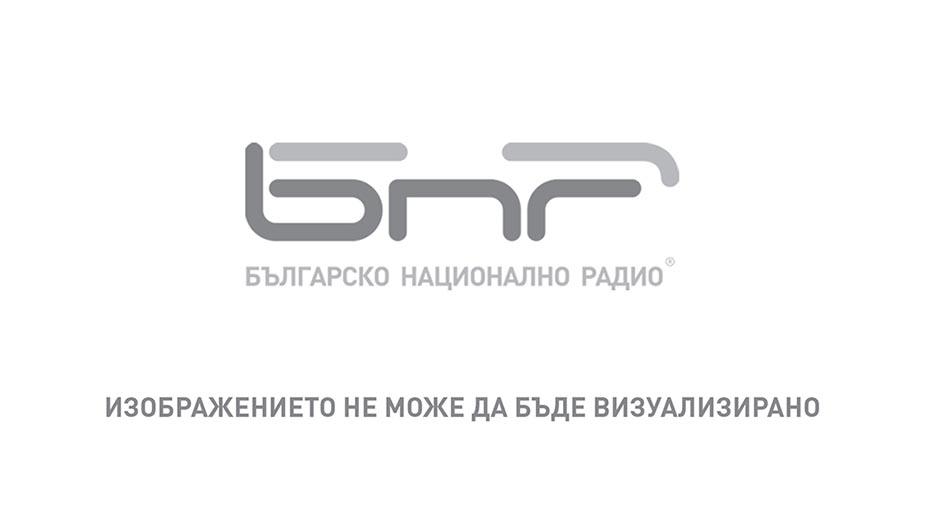
After close to 10 years as a member of NATO, is the Alliance still a strategic priority for Bulgaria and is the country in a capacity to uphold its interests and to avail itself of the advantages this membership offers?
These were questions put to discussion at a one-day conference organized by the Institute for Democracy and Stability in Southeast Europe and the Konrad Adenauer foundation in Sofia. The aim was to start an important debate going, in light of the stormy developments in the countries of the region and in Europe.
“For the first time since the Cold War, Europe is faced with the challenge of protecting, in practice, the values it has been proclaiming. The question is - is Bulgaria in a capacity to uphold its interests in a free, democratic but competitive environment, the environment of the European and Euro-Atlantic community?” This is the rhetorical question raised by Nadezhda Neynsky, ex-foreign minister of Bulgaria (1997-2001), currently chair of the Institute for Democracy and Stability in Southeast Europe.
“Are we prepared to defend our values now that the world is hanging between diplomacy and guns?” asks Defence Minister Nikolay Nenchev. In his words the crisis in Ukraine is a genuine test of the extent to which we are capable of defending our shared values and raises a host of questions we have never before asked ourselves.
“The aim is, within the bounds of my powers as minister of defence, to see Bulgaria a strong and reliable NATO partner and an effective member of the EU. If we want to counter an outside threat, we must first define it and understand it. We now have challenges coming from the Eastern and the Southern flank of NATO and they are very real so we must be adequately prepared. To this end we must have the means to defend ourselves if the need arises. We need coordinated effort at all levels within the system of security. More than ever we need to work towards building our defence capabilities and to rid our armed forces of any dependence on forces outside NATO or the EU.
What causes concern is the lack of financing because without financing there is no way we can promote our defence capability. I understand the financial state the country is in, but financing must be found for defence here and now, not some time in the future. The increase in funding for defence required will go to guarantee our national security. This is not money down the drain, it is a boost to the economy and will create jobs.”
“Bulgaria has never stopped upholding its values with regard to neighbouring Macedonia. At the latest Foreign Affairs Council in Brussels, we initiated a discussion of the crisis there,” said Foreign Minister Daniel Mitov who also took part in the conference.
“The citizens of the Republic of Macedonia deserve good governance, they deserve to see European reforms and practices taking place in the country. We shall not relent in our efforts in this direction. Macedonia’s Prime Minister Nikola Gruevski and opposition leader Zoran Zaev met in Strasbourg to talk to people from different political parties from the European Parliament at a European level. We shall monitor the process of negotiations. Macedonia is our neighbour and we want to have good relations with it, we want to see it a member of the EU. My advice to politicians in Macedonia is to do their utmost so that public trust in the political environment may be regained. Bulgaria has made its risk assessment in the event of an escalation of the situation. All institutions committed to preventing any possible risks are ready to act,” Minister Mitov said.
English version: Milena Daynova
Romanian police and military personnel worked as mercenaries in Congo According to a report by the Romanian Ministry of the Interior, 11 of its employees worked as mercenaries in Congo while on sick leave, Digi24 reported. The Ministry..
Protesting Serbian students to cycle 1,300km to Strasbourg A group of 80 protesting students and other people from four Serbian universities – in Novi Sad, Belgrade, Niš and Kragujevac started cycling from the campus of..
Protests in Turkey continue after Istanbul mayor's arrest Mass protests in Turkey continue after Istanbul mayor Ekrem İmamoğlu was arrested on March 19. Nearly 1,900 people have been detained for participating in the..
Romanians to vote once again for president on May 18 George Simion and Nicusor Dan are the two candidates who will face..
GERB leader Boyko Borissov told journalists that "the National Assembly should categorically reject the proposal for a referendum" . According to Borissov,..

+359 2 9336 661
